```html
As the demand for coffee continues to rise globally, the need for sustainable and efficient methods of producing coffee-related products has become increasingly important. One such innovation is the development of Agricultural Applications of Coffee Cup Making Machine, which has revolutionized the way coffee cups are manufactured. This technology has significant implications for the agricultural sector, as it offers a sustainable solution for utilizing coffee waste and creating value-added products. In this article, we will explore the various agricultural applications of the Coffee Cup Making Machine and its potential impact on the coffee industry and beyond.
1. Utilization of Coffee Husks
The Coffee Cup Making Machine presents a unique opportunity to utilize coffee husks, a byproduct of coffee processing that is often underutilized. These machines are capable of efficiently converting coffee husks into high-quality, biodegradable materials that can be used in the production of coffee cups and other related products. By repurposing coffee husks in this manner, the machine contributes to reducing waste and creating a sustainable value chain within the coffee industry.
2. Sustainable Material Sourcing
With the increasing emphasis on sustainability in agriculture and manufacturing, the Coffee Cup Making Machine offers a sustainable alternative to traditional materials used in the production of coffee cups. By utilizing coffee husks as a raw material, the machine reduces the reliance on non-renewable resources, such as plastic and paper, thereby contributing to a more environmentally friendly approach to coffee cup production. This sustainable material sourcing has the potential to positively impact the overall environmental footprint of the coffee industry.
3. Economic Opportunities for Coffee Farmers
Implementing the Coffee Cup Making Machine in coffee-producing regions creates economic opportunities for coffee farmers. By providing a market for their coffee husks, farmers can generate additional income from a previously underutilized resource. This not only benefits the financial well-being of farmers but also fosters a sense of sustainable entrepreneurship within coffee-growing communities, further strengthening the agricultural economy.
4. Reduced Environmental Impact
Compared to conventional coffee cup manufacturing processes, the use of the Coffee Cup Making Machine results in a reduced environmental impact. The efficient conversion of coffee husks into biodegradable materials minimizes the need for additional energy-intensive manufacturing processes and reduces the overall carbon footprint associated with coffee cup production. This aligns with global efforts to promote sustainable practices and mitigate environmental degradation.
5. Innovation in Waste Management
The adoption of the Coffee Cup Making Machine represents an innovative approach to waste management in the coffee industry. By transforming coffee husks into valuable materials, the machine addresses the challenge of waste disposal while simultaneously creating a valuable resource. This innovation not only streamlines the waste management process for coffee producers but also serves as a model for sustainable waste utilization in other agricultural sectors.
6. Market Differentiation and Branding
For coffee companies and roasters, the utilization of coffee cup made from the Coffee Cup Making Machine offers a unique selling point and branding opportunity. By incorporating sustainable and environmentally friendly packaging made from coffee husks, companies can differentiate their products in the market, appeal to environmentally conscious consumers, and strengthen their brand's commitment to sustainability. This can lead to enhanced market competitiveness and consumer loyalty.
7. Research and Development Potential
The ongoing development of the Coffee Cup Making Machine opens up avenues for further research and innovation in agricultural applications. This technology serves as a catalyst for exploring additional uses for coffee waste beyond cup production, potentially leading to the development of new agricultural products and materials. The collaborative efforts between researchers, manufacturers, and coffee industry stakeholders can drive continuous improvement and diversification in agricultural applications.
8. Integration with Circular Economy Principles
The Agricultural Applications of Coffee Cup Making Machine align with the principles of the circular economy by creating a closed-loop system within the coffee industry. By reusing coffee husks to produce cups and other products, the machine contributes to the circularity of resources, minimizing waste generation and maximizing resource efficiency. This integration fosters a more sustainable and regenerative approach to coffee production and aligns with broader circular economy initiatives.
Conclusion
In conclusion, the Agricultural Applications of Coffee Cup Making Machine represent a significant advancement in sustainable agricultural practices within the coffee industry. By harnessing the potential of coffee husks and transforming them into valuable materials, this technology stands to benefit coffee farmers, promote environmental sustainability, and drive innovation in agricultural applications. As the adoption of this technology continues to grow, its impact on the coffee industry and agricultural sector as a whole is poised to be substantial, ushering in a new era of sustainable coffee production and resource utilization.
```




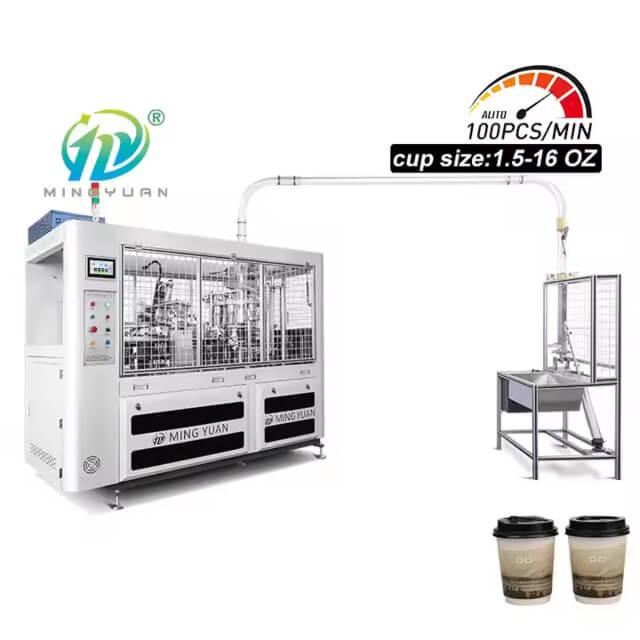
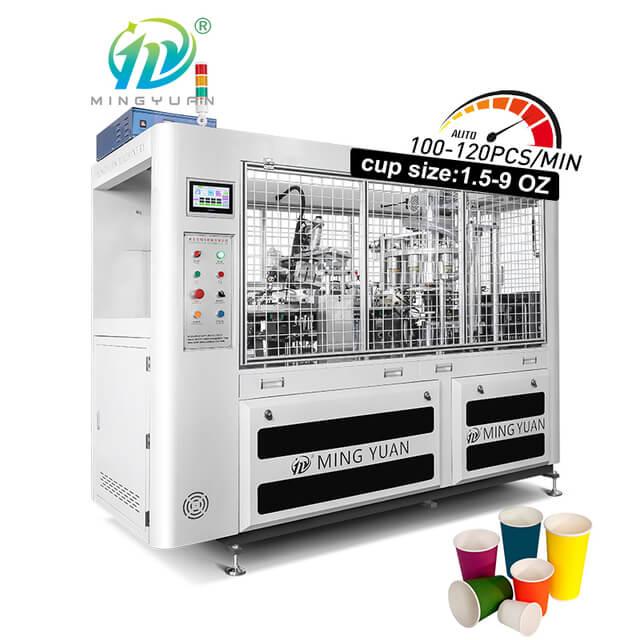
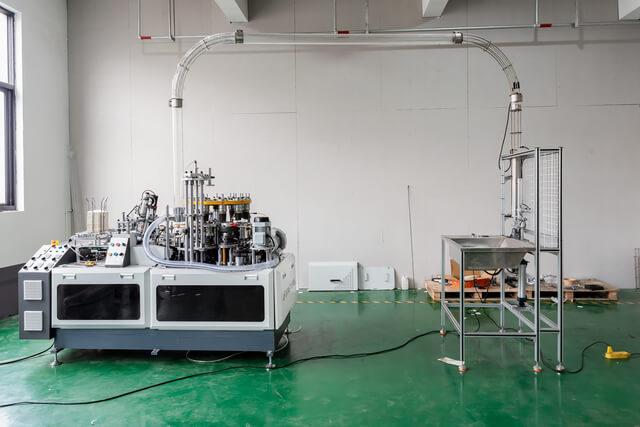
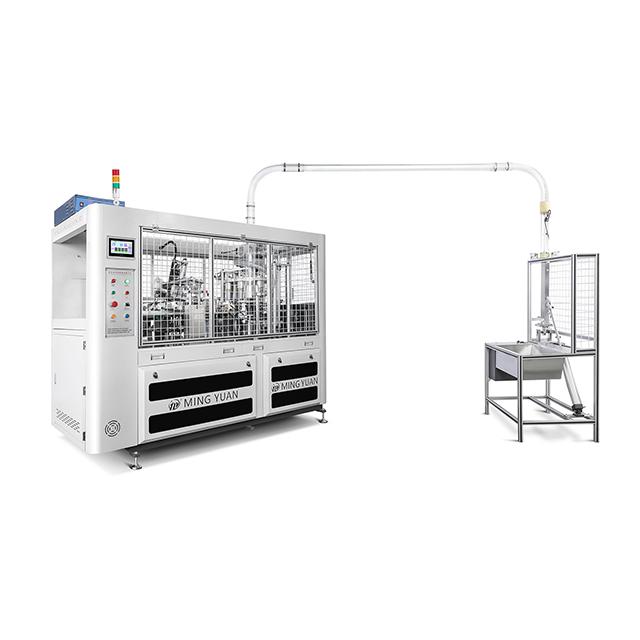
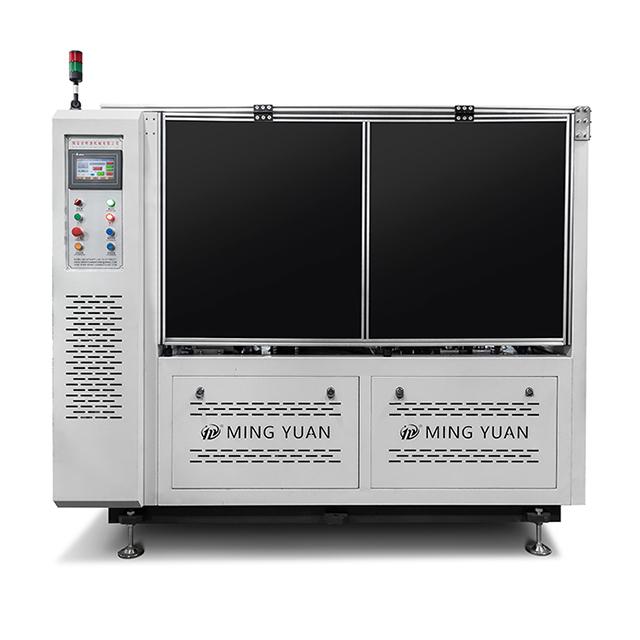
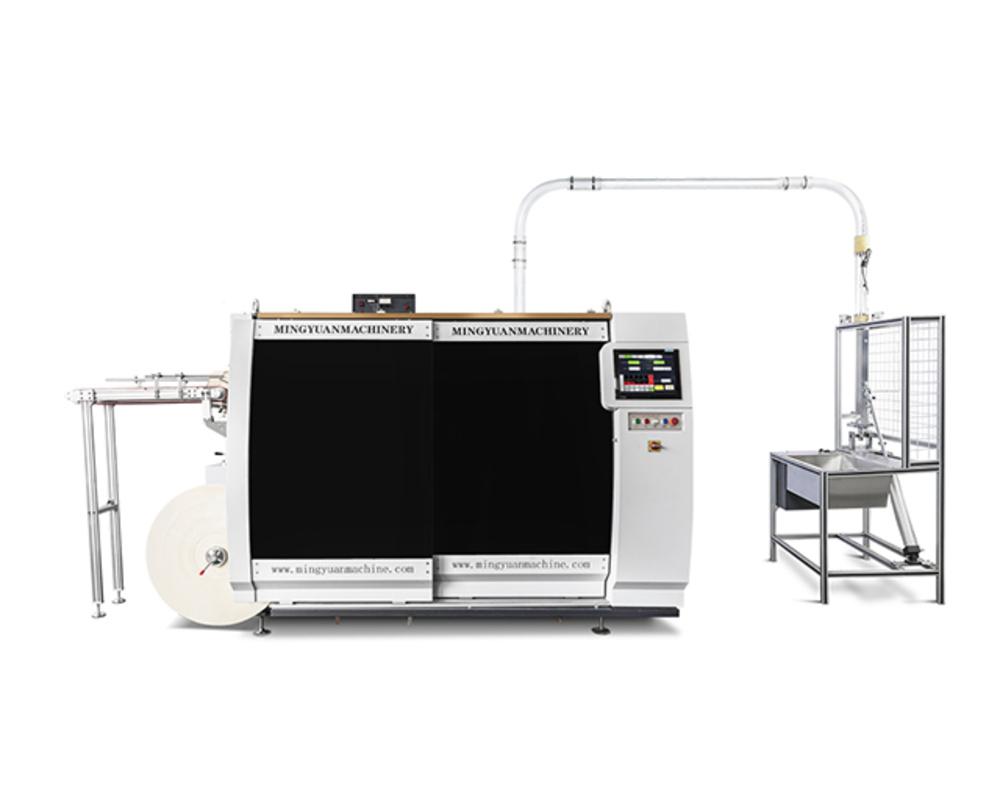
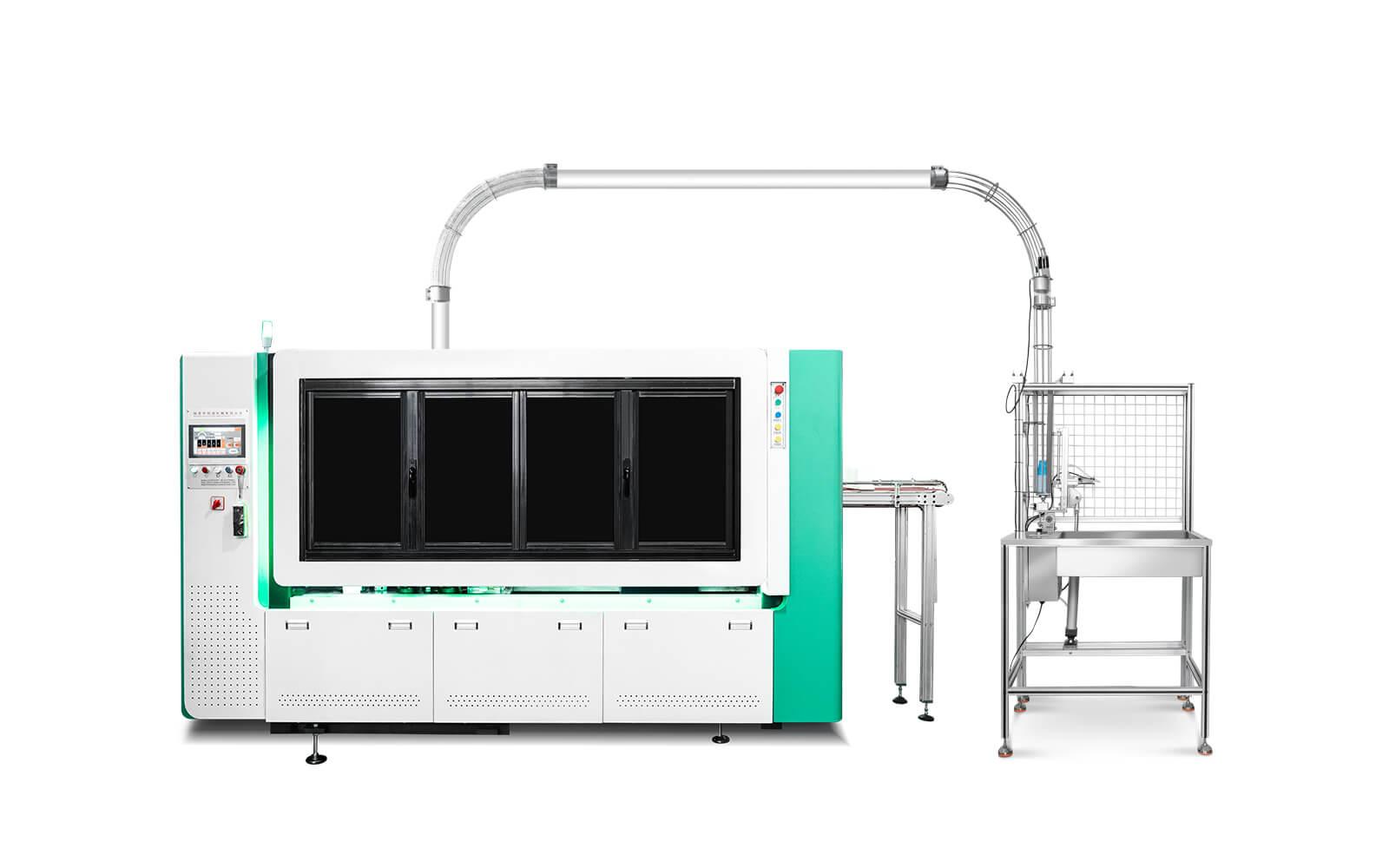
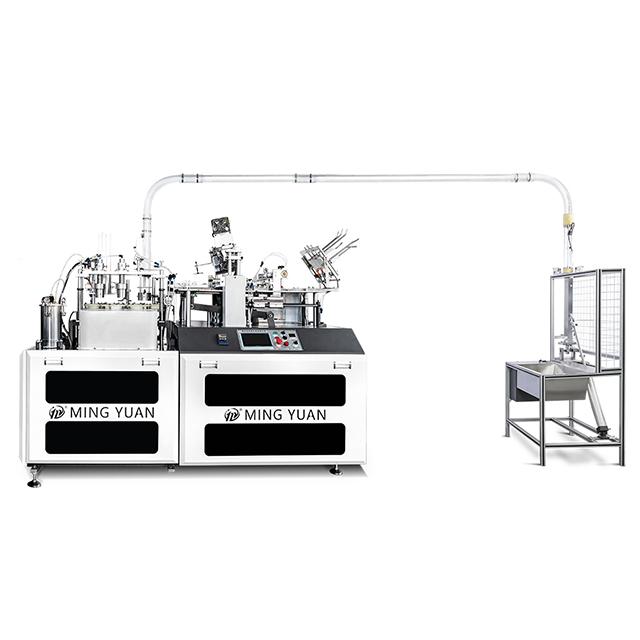
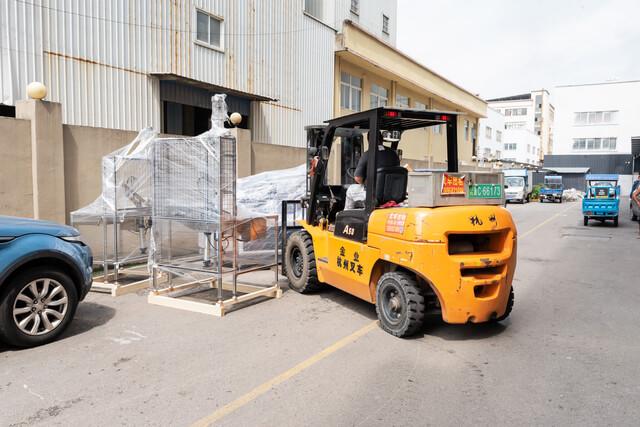
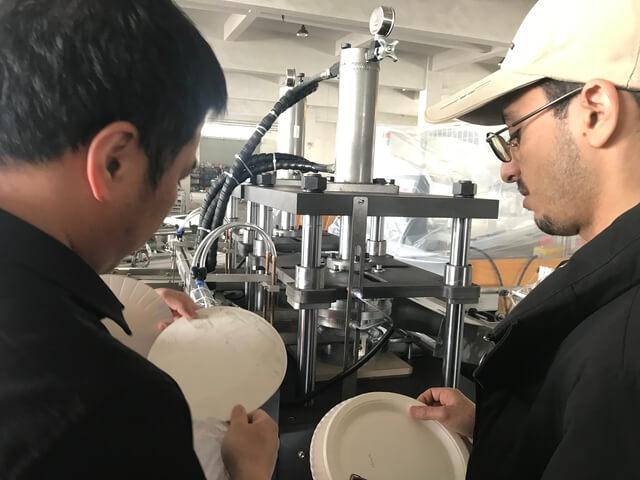
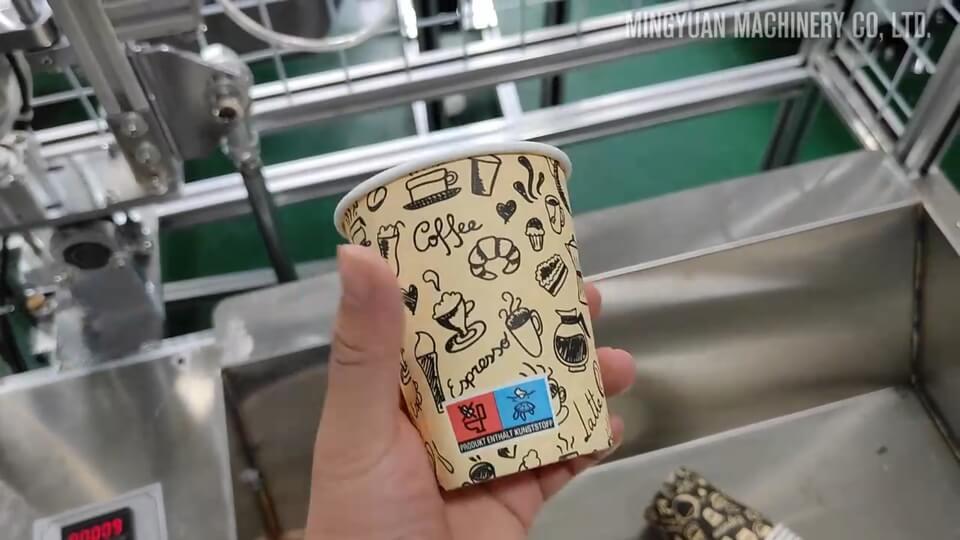

 Tel: +86-19057361870 / +86 577 65567060
Tel: +86-19057361870 / +86 577 65567060  Email: george@paper-cupmakingmachine.com
Email: george@paper-cupmakingmachine.com MP/WhatsApp: +86-19057361870
MP/WhatsApp: +86-19057361870 Manufacturer Address:No.1588, Huaming Road, Feiyun Street,Ruian City Zhejiang Province -325200 China
Manufacturer Address:No.1588, Huaming Road, Feiyun Street,Ruian City Zhejiang Province -325200 China




